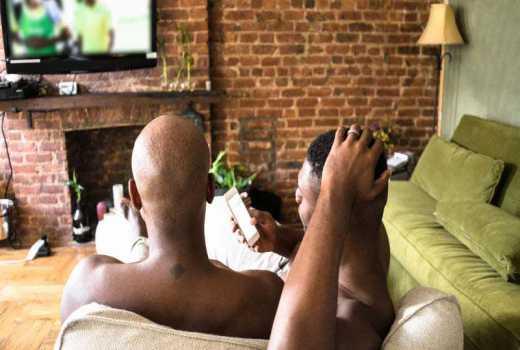
They have become extremely predictable, taking one step at a time, but each step ever so sure. The new moralists are so determined to redefine our values and to blunt our conscience that they will not relent. Back in 2015, the Gays and Lesbians confronted a three-judge bench at the High Court with a case contesting the refusal by the NGO Board to register their organisation. The learned judges ruled that the LGBT have a right of association under the constitution – thereby extending a major concession to the group.
I argued then in this space that the seemingly small concession was akin to the nose of the camel gaining entry into the Arab’s tent. As one US Judge once quipped concerning such a ruling, “it permits the camel's nose of unrestrained irrationality admission to the tent.” And indeed, the camel is determined to gain full body access into the tent. In what is clearly a well coordinated effort, the fight to legalise homosexuality in Kenya appears on course. At the forefront of this battle is one Eric Gitari, a lawyer and Executive Director of the National Gay and Lesbian Human Rights Commission (NGLHRC). According to Gitari, his team has been using what he calls “strategic litigation” to gain space for homosexuality.